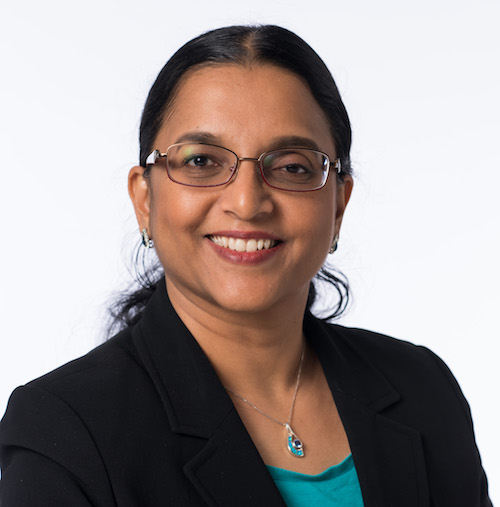 About this Episode:
About this Episode:
Show Notes:
Welcome to Global Stage, a podcast highlighting academic and policy-oriented international research on democracy and human development! Global Stage is brought to you by the Kellogg Institute for International Studies, part of the Keough School of Global Affairs at the University of Notre Dame. Your guest host is Grace Ortuzar, a PHD student in the Department of Economics at the University of Notre Dame.
In today’s episode, Grace speaks with Kellogg Institute faculty fellow Lakshmi Iyer, associate professor of economics and global affairs at the University of Notre Dame. They discuss the new projects Lakshmi is leading at Notre Dame and one of her recent papers. To begin, our guest shares about her research expertise and how she became interested in those topics. Her main area of research is development economics with a focus on political economy. Growing up in India, a country which used to be much poorer than it is today, she naturally was interested in the intersection of politics and economics. One of the new projects she is leading at Notre Dame is the Building Inclusive Growth (BIG) Lab, which aims to provide research infrastructure, showcase Notre Dame’s economic strength, and provide a holistic analysis of economic development.
The discussion turns to Lakshmi’s collaborative paper entitled Field Of Her Own:Property Rights and Women’s Agency in Myanmar. She was invited by her co-authors, who were working in Myanmar and Vietnam, to examine the effect of a specific land program in Myanmar. As someone who studied property rights, she was excited to study how the transformation of this important asset would shape the economic trajectory of households. They began to investigate what happens to the overall status of women whose names are on land titles. She notes that when doing fieldwork, it is important to keep your eyes and ears open to other possible research questions which may arise. In the best case scenario, a woman’s name on a title means additional sources of credit and economic freedom for her. However, social roles are so strong that even if women become economically independent, she may not find that kind of freedom. They measured this by asking women how much influence they had in their household. Ultimately, the research found that women’s names on titles do not actually translate into much for women outside of the home. In closing, Lakshmi highlights the projects she is currently working on.
Links:
- Learn more about Lakshmi Iyer.
- Learn more about the BIG Lab.
- Learn more about the Kellogg Institution for International Studies.
Listen
Listen below, ask your smart device to “play Global Stage Podcast,” or find us on:
Apple | Spotify | Google Podcasts | Stitcher | iHeartRadio | TuneIn





